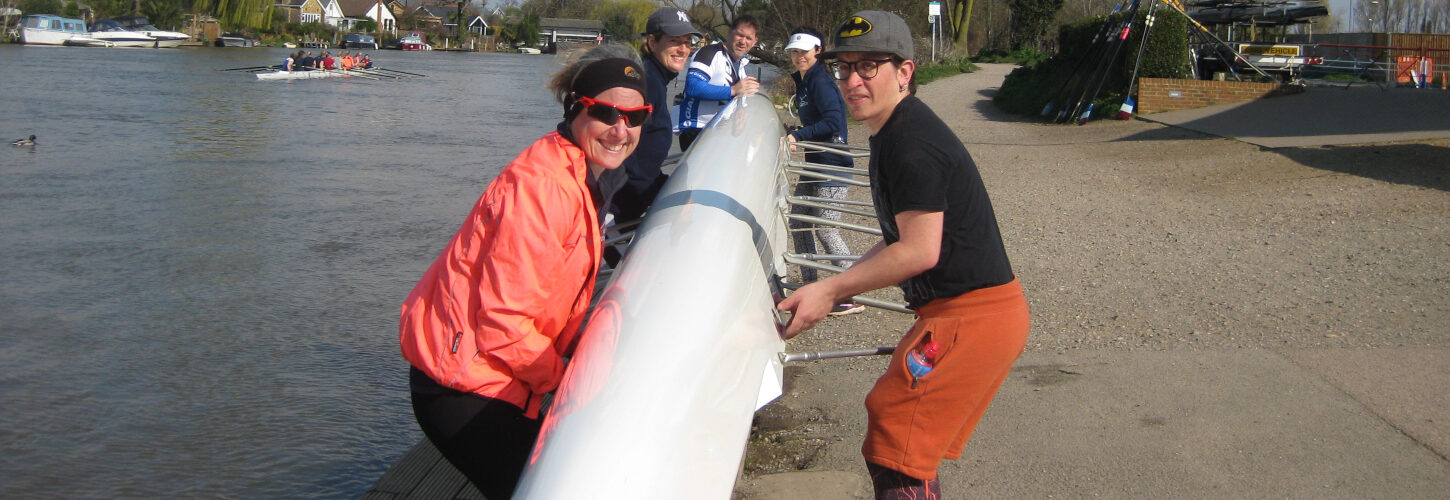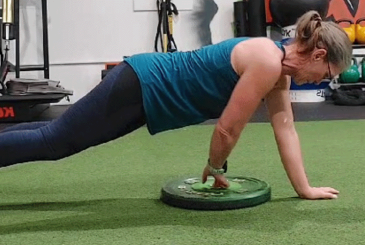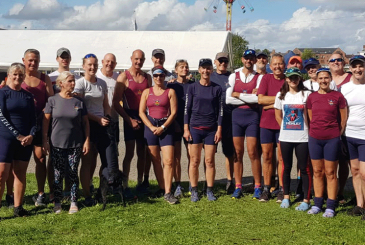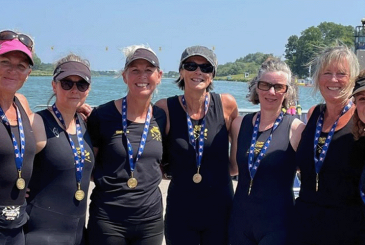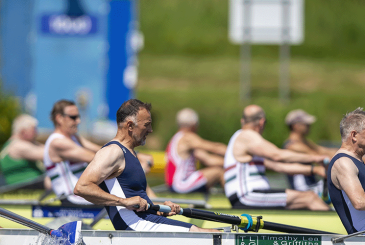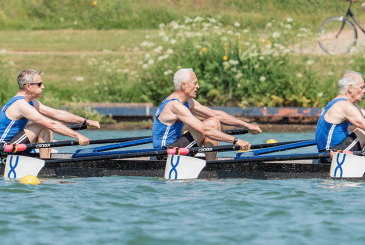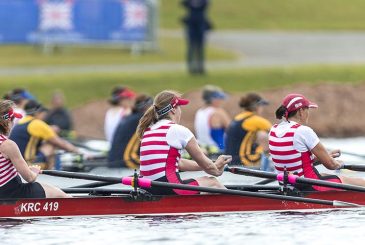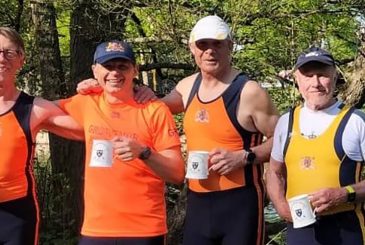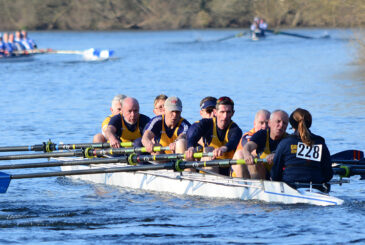Integrating new rowers and ‘returners’, who may have last rowed as students, with rowers who have decades of experience is a contentious issue at many clubs. In our latest masters series article, masters cox and sculler Helena Smalman-Smith explores how it can be done so everyone benefits
How do you keep everyone engaged in the sport if they are of varying abilities? At the heart of the challenge is the ‘averaging effect’ – the way that the level of a crew’s rowing in a given outing is the average of the abilities of each rower in it. As a result, in different-ability crews, the less technically able generally have a great time and improve, while the more competent rowers can get frustrated and find that they start rowing worse. On top of this, mature learners can take longer to develop new physical skills and many experienced rowers have back issues that make rowing in unbalanced boats problematic.
However, while turnover amongst masters squads tends to be lower than amongst seniors, an ongoing supply of new recruits is still needed, particularly for racing large boats.
So, what can you do that will keep everyone – or at least most people – happy? There’s no magic solution, but here are some approaches that have been proven to work well at different clubs, which you can adapt for your situation.
Two successful formats
1. Big boats and the 25% improver quota
Integrating large numbers of less experienced rowers into existing groups on a permanent basis is difficult, but by placing just a few into eights or quads, you limit the downsides of the ‘averaging effect’ while maximising its advantages.
One club that’s used this approach effectively is Walton RC, a typical medium-sized town club.
Club captain Mike Everington explains: “Getting improvers out with experienced rowers in big boats seems to work best, because one or two of them don’t have much of an adverse impact on the boat as a whole, and they learn so much.”
This approach works best if you match the newer members with crews that have similar goals and aspirations in terms of racing and training.
For those who want to race, a private match with another local club will give your less experienced rowers an opportunity to learn about racing without the worry of letting their experienced crewmates down in a more formal competition.
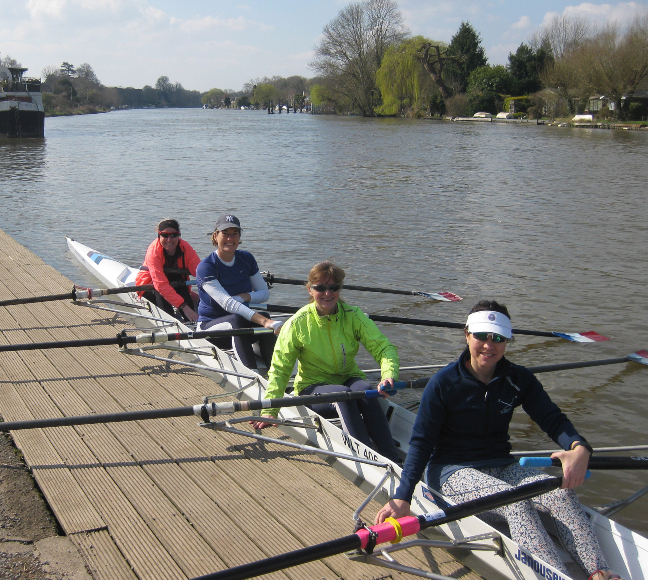
2. Additional mixing in sessions
To bring on larger numbers of less experienced rowers who are in improvers’ crews together for most outings, arrange special sessions at different times from experienced crews’ normal outings and invite them to help bring on the newbies.
One of the improvers at Walton RC, Vincent Gillespie, has found this type of session to be really helpful.
He says: “I feel the inclusion, on a regular basis, of novices in crews with experienced rowers is crucial to progressing in technique in both sculling and sweep, but it needs the willingness of the more experienced members of a club to give their time and have the patience.”
“More experienced crews help me develop, but I hope that by rowing with the less experienced I give them a little of the same”
Here are some ideas to consider when setting up mixing in sessions:
- When? Second outing on a Sunday is a popular slot for this kind of outing, but if a regular commitment doesn’t work, try a four-week boost. Schedule these for key times of year – either as soon as the clocks change in the summer to get ready for the regatta season, or in the autumn to kick off the rowing year with last year’s crop of learn to row graduates. Both of these slots in the calendar have the advantages of reasonable weather and not too many folk being away on holiday.
- How often? Enough sessions to improve the improvers, but not so much that they try the patience of the more experienced.
- Incentives! Arrange for extra cake afterwards or the bar to be open if that’s what it takes to get volunteers.
- Provide as much coaching as you can; you may find people who are willing to take on this limited amount of coaching, but have not wanted – or been able – to commit to heavier coaching commitments.
- Word your requests for volunteers positively: explain how much the improvers appreciate their help, but of course avoid suggesting that members have a duty to do so.
Rob Whitson of Inverness RC appreciates the value of different-ability rowing from both sides. Having taken up the sport eight years ago, he now rows with seasoned club members in masters crews as well as with novices.
“I learn a lot from both,” he explains. “More experienced crews help me develop, but I hope that by rowing with the less experienced I give them a little of the same, whilst still learning myself – we all received help when we started and it’s good to give back where we can.”
Four top tips for squad cohesion
1 – Land training
Women’s and men’s sessions are usually separate, but all abilities can train effectively together by using time-based rather than distance-based ergo workouts or circuits.
2 – Stretching
Establish stretching on land as a habit to support a focus on posture in the boat. This is valuable for everyone for improving flexibility and reducing the chance of injury, but it will also help with boat balance, which will be appreciated by the more experienced rowers – especially those with bad backs.
Build a shared identity between the various parts of masters groups with a piece of masters squad kit that complements universal items of club kit.
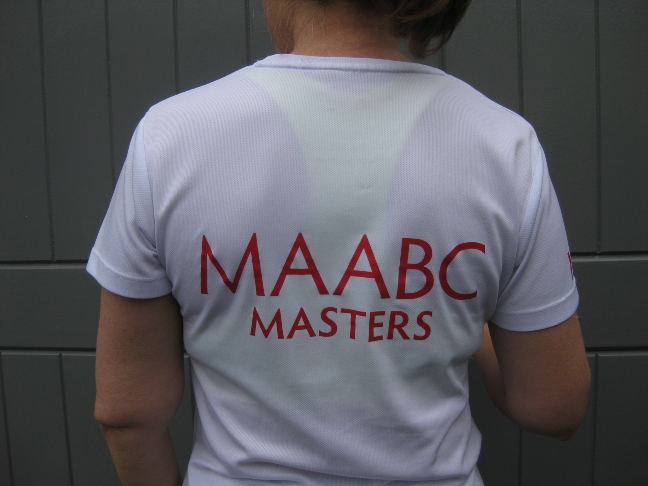
3 – Rower rapport
Don’t assume that masters aren’t shy just because they’re mature adults! Create opportunities for the established members and newer members to get to know each other off the water as well as at social events, helping to run your club’s regatta or head; or even working parties to clear those brambles round the back of the boathouse.
4 – Expose the elephants in the room
Respect experienced rowers’ choice not to get involved with developing newer masters, at least at the moment, for whatever reason. It’s a rowing club not a workplace, after all, and anyway, ‘telling’ rarely works as a way of encouraging behaviour change. On top of that, perceived arm-twisting now can create resentment that means these rowers are less likely to offer to help in the future if their circumstances change.
Established crews who self-organise, and diehard single scullers with their own boats, place very little demand on the organisation or coaching resources of the club.
Let these masters know that you appreciate that they like to ‘do their own thing’ but encourage them to consider joining with additional mixing-in sessions if they can. They may not realise that their friendship grouping or self-containment can seem standoffish or cliquey to others. And you never know, they may even discover that it’s useful to have a source of occasional subs!
Photos: Thanks to Richard and Helena Smalman-Smith and all at Walton RC


